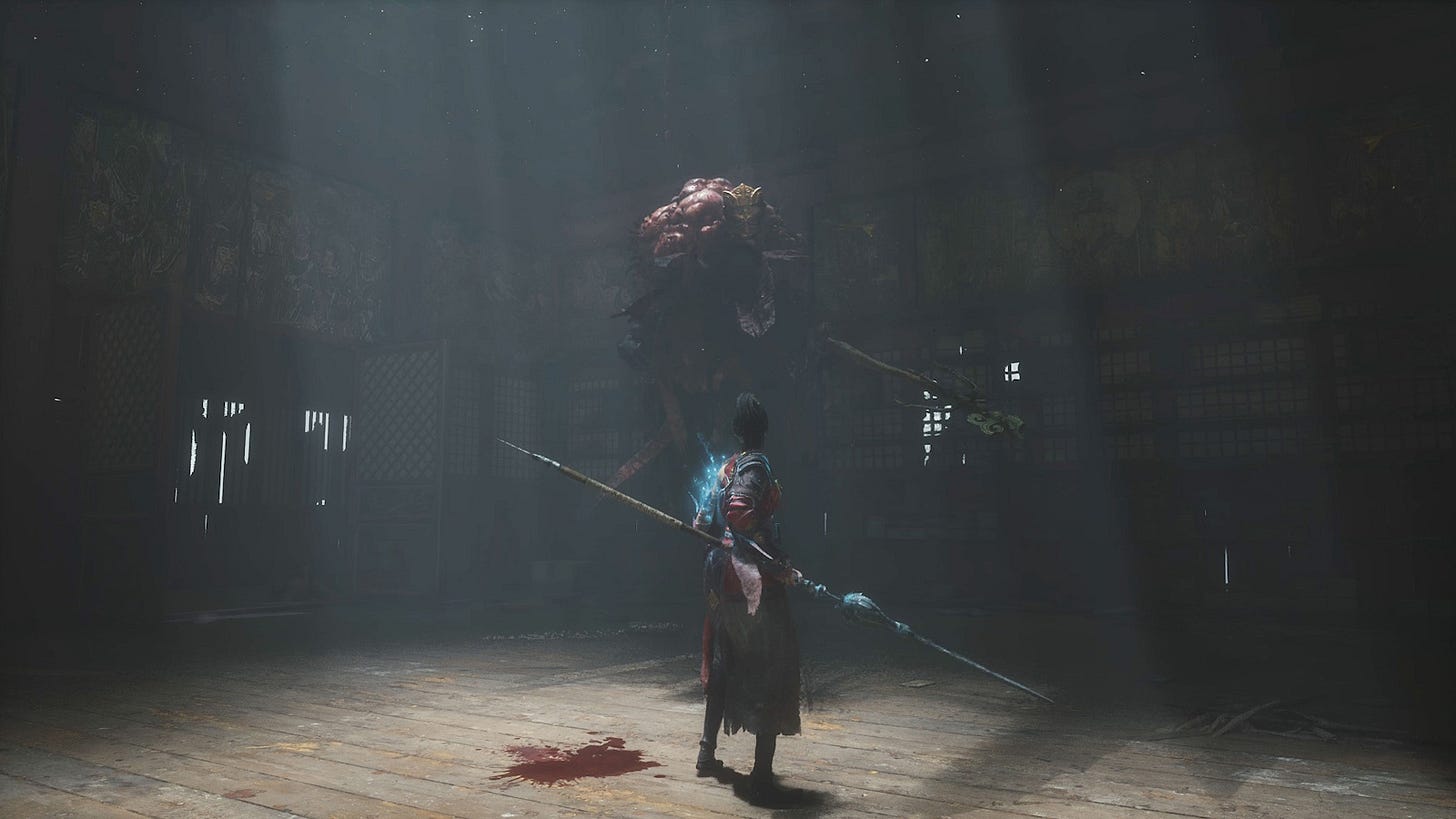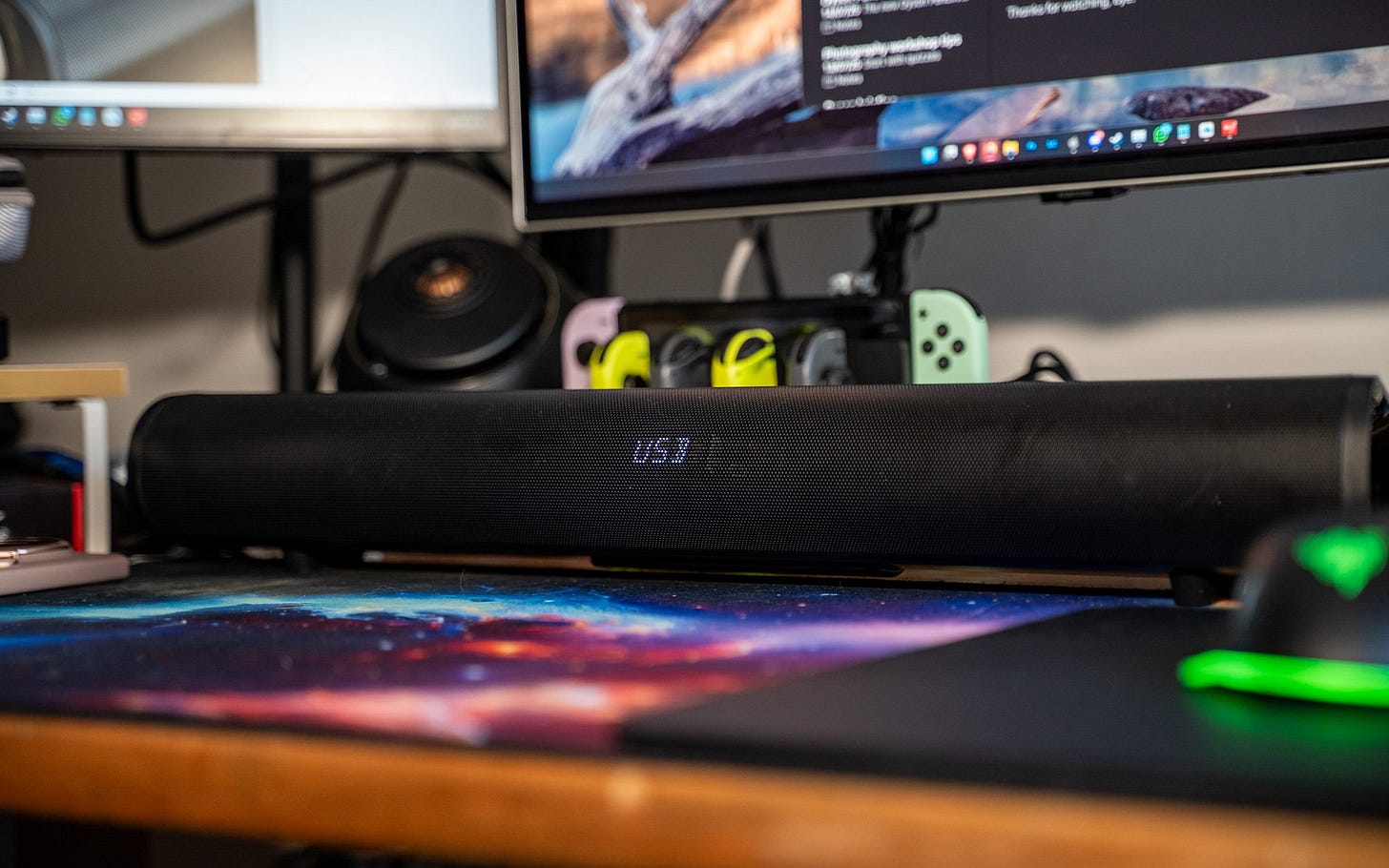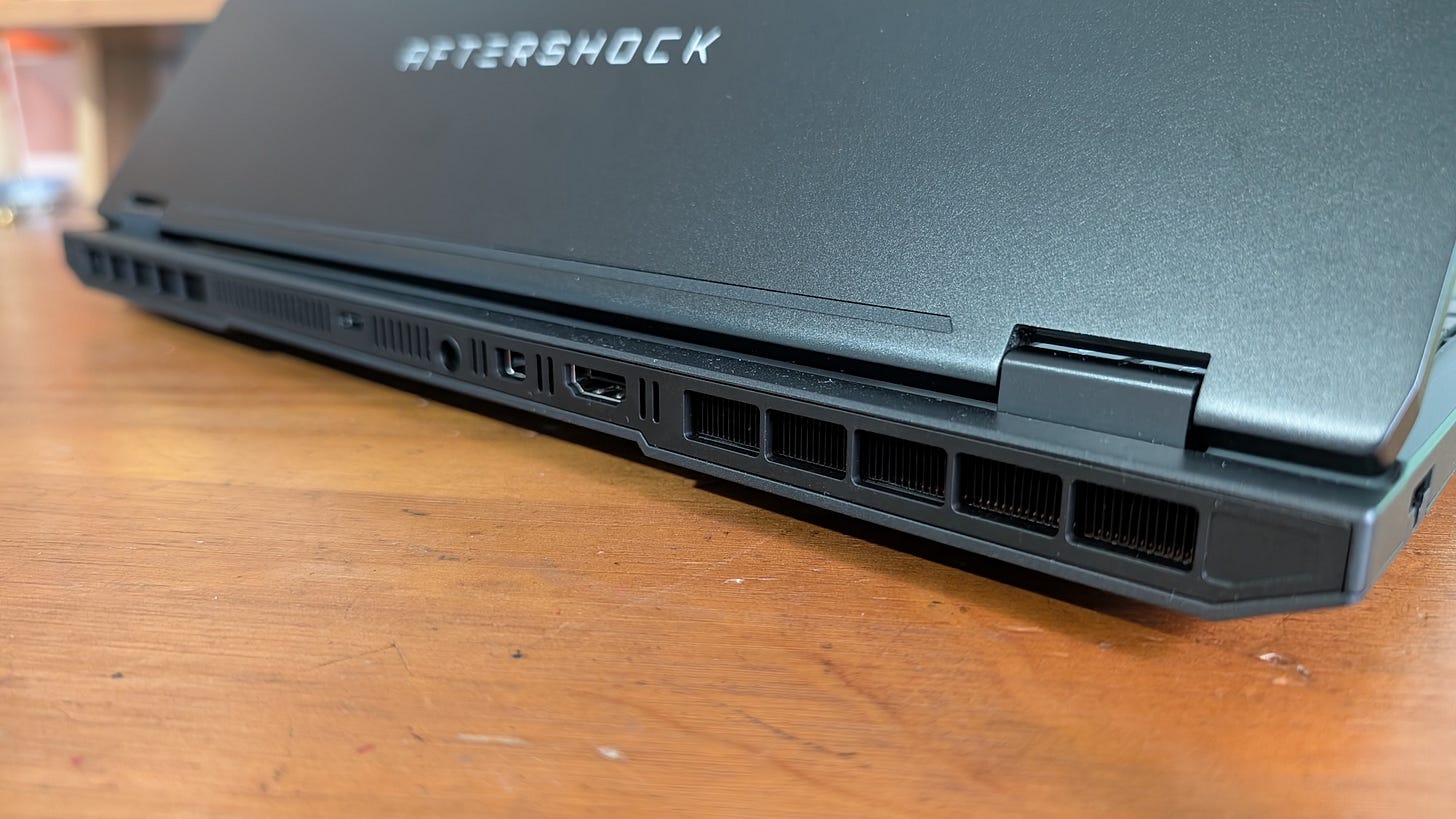Wuchang: Fallen Feathers is the Chinese soulslike you should be playing, not Wukong
It's more Dark Souls than many modern soulslike games
Wuchang: Fallen Feathers was not on my shortlist of games to play this year. But seeing as it was included at launch with my Xbox Game Pass subscription, I figured I’ll give a spin. And boy, was I hooked within the first 15 minutes.
This souls-like action RPG set in China during the late Ming dynasty is a blast from the past, and feels inspired by FromSoftware’s older Souls games (Demon’s Souls and Dark Souls). Especially its level design, which is twisty and intricate with secrets and shortcuts that are so satisfying once you find them all. One of the early hub areas, the Shu Sanctum, is particularly well-done. It’s not an open-world game, but there’s almost as much to explore.
That old-school soulslike feel is reinforced by the relatively few shrines (this game’s bonfire or site of graces) found in a level. The tension increases the further I progress in a level, as my healing items dwindle, and I start to wonder how far it is to safety (or a potential shortcut). Should I backtrack and basically redo everything or push on and possibly lose all my progress?
Wuchang isn’t shy to rely on traps and ambushes to catch out unwary players. There are probably a few too many “gotcha” moments compared with modern soulslike games. It’s almost nostalgic to be ambushed around a corner and pushed off a cliff to my death. It’s funny, even. I have to be constantly on my toes, and pay attention to the game. And still the game gets me good sometimes, like that one enemy that disguised itself as a shrine.
As for the story, well I honestly couldn’t tell you much. It relies on the environmental storytelling that’s a hallmark of FromSoftware games. There’s no quest marker or a quest log. You can easily miss out on NPC storylines by choosing the wrong option or even going to a different area.
Of course, Wuchang isn’t just retreading old ground. It introduces new ideas, like replacing weapon upgrades with weapon mastery. Instead of farming upgrade materials for each individual weapon, you get materials that level up your mastery of a weapon type. Say you’re an axe user, you can easily switch to a new axe you just got without having to spend time upgrading.
Weapon mastery is handled via the game’s skill tree, and Wuchang makes it easy to respec your character without any penalty. You can completely change your playstyle at any shrine — to tackle a specific weakness of a boss, for example.
Speaking of boss fights, I’m only halfway through the game, but these fights have been fun so far. While some soulslike games, including Elden Ring Shadow of the Erdtree, have bosses that chain so many consecutive attacks that it can be overwhelming, I have yet to get that feeling from the bosses in Wuchang. They have telegraphed attacks, and seem to fight fair. The speed of healing in the game is a bit too slow, though.
There are other nitpicks, of course, such as performance issues at launch for PC players. I did experience some occasional stuttering on my Xbox Series X, but there haven’t been any crashes or major issues. Wuchang is far from perfect, but it brings back that sense of trepidation I felt with the classic Souls games. If you’re a Souls veteran, it’s right up your alley.
This week, we tested a new Creative soundbar with subwoofer that’s perfect for the desktop, Samsung’s latest flip phone, and yet another value-for-money gaming laptop from Aftershock.
Creative’s latest Stage Pro soundbar is an affordable 2.1 system that comes with a subwoofer at just S$199. Its compact size lets it fit below your monitor on the desk, though you can also use it with smaller 43-inch to 55-inch TVs. It offers decent sound with plenty of detail, wide separation, and a natural-sounding surround effect.
Samsung made some necessary upgrades this year to its Galaxy Z Flip 7 to ensure that it can compete with its rivals. This means larger screens, and a larger battery, though the cameras remain the same (and are good enough). However, the wired charging speed (25W) is still as sluggish as ever, and holds this phone back from being the undisputed best in this category.
If you’re looking for an affordable gaming laptop, consider the Aftershock Apex 16R. This mid-range model, which supports either a RTX 5060 or a RTX 5070 graphics chip, starts from around S$2,000, and is capable enough to play most AAA games at more modest graphical settings. I really like that the exhaust vents are located at the back, so you won’t feel the heat on your hands.





